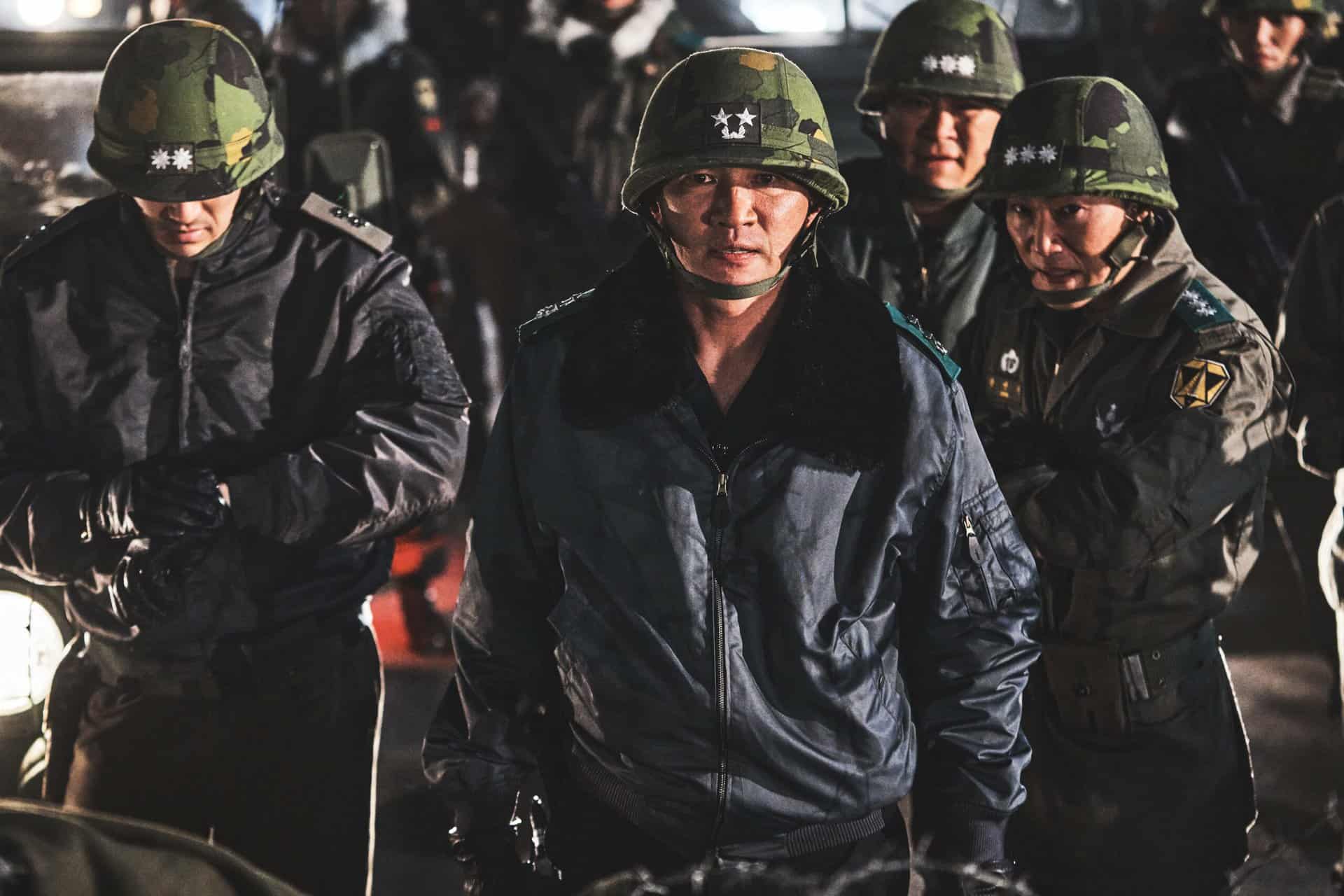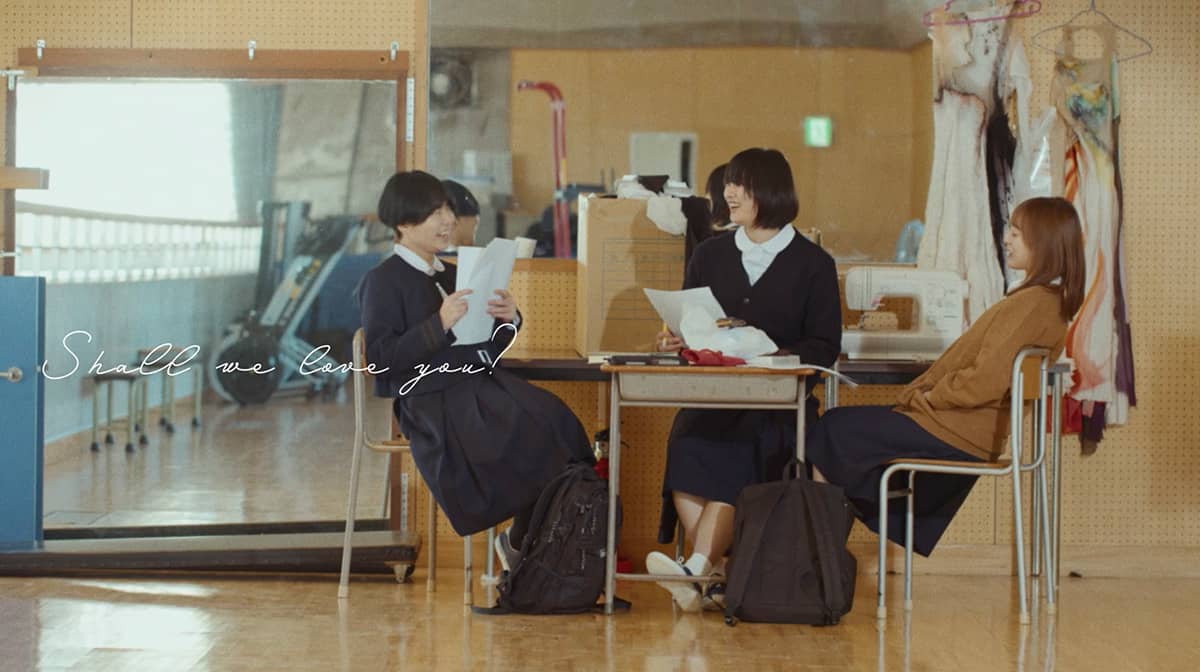Yaro Abe's celebrated manga series “Shin'ya Shokudo” had already been adapted into a Japanese television drama, two live-action films, a Korean and a Chinese TV series, before it also became a Chinese movie in 2019. Marking the directorial debut of Tony Leung Ka Fai, this time, the setting is placed in Shanghai, in another small, counter-only diner, which operates from midnight to 7 am.
Buy This Title

The owner is a mysterious individual with a scar on his face, who runs his establishment without a set menu, but is always able to make any dish both regulars and passing customers desire. At the same time, Uncle, as everyone is calling the chef, is also eager to hear their stories and help them with their issues, occasionally even when his customers do not demand him to do so.
In that fashion, the movie presents the “adventures” of a number of individuals, and the way the time they spend in the diner, and their interactions with Uncle shape their lives. The troubles Aunt Lian, a seemingly alcoholic woman, has with her son, the friendship of two amateur boxers, a single mother and her daughter, an aromatist with weight issues, a taxi driver and an aspiring model who find themselves wishing different things from life after they move in Shanghai from their small town, a policeman with a temper, and a number of others, present their stories, inducing the narrative with a distinctly episodic approach.
At the same time, the owner's presence, and the various dishes he prepares function as the elements that join the different stories, which frequently intermingle. In that regard, Tony Leung Ka Fai's performance in the central role is rather convincing, with him presented as a truly virtuous man, whose eavesdropping actually aims at doing good, and his laconic demeanor working quite well for the narrative approach of the movie. Furthermore, Chor Keung Chan's cinematography has captured the preparation of the dishes and the end result in the best fashion, while the way he depicts the small diner, as a place of comfort for any issue its clients face, is among the best traits of the title.
On the other hand, when the “action” gets outside the diner, the quality somewhat decreases, with the rather polished cinematography, the extensive use of music and the somewhat excessiveness in the melodramatic but happy-ending stories, making the film look like some sort of TV ad. Some issues also exist in Chi-Leung Kwong and Hua Tang's editing, with a number of scenes extending for no apparent reason and the amount of episodes being a bit overwhelming, also because they extend the duration of the movie to more than 100 minutes.
On the other hand, and through this romanticized approach, the social comments are quite well communicated. The difficulties parenthood poses, particularly due to the generational gap, is one of the most central, along with friendship, romance, the way obesity affects social life and the whole concept of internal immigration, which has been a recurring one lately, particularly in indie Chinese productions. The latter especially, emerges as one of the most intriguing, especially through the arc of the model and the taxi driver, but also due to the real people talking at the end of the movie, who highlight both this and the comfort they received from finding a specific spot to frequent, just like the diner in the movie. At the same time, this last aspect also seems to state that all the episodes presented in the movie come from real stories of people's experiences, an aspect that adds a note of realism to the title.

The acting and the casting are also among the film's traits, with a number of star performers appearing on screen, including Eddie Peng and Yishang Zhang. The ones who steal the show however, are the veterans, with Elaine Jin as Aunt Lian and Stanley Sui-Fan Fung as Uncle Zhong, an occasionally whining occasionally full of wisdom old man giving the most entertaining performances.
“Midnight Diner” has its faults, particularly regarding its duration and intense sentimentalism on occasion, but in the end, emerges as a very easy to watch, quite entertaining spectacle that also provides food for thought through his social commentary, and “soup for the soul” through its aesthetics.















